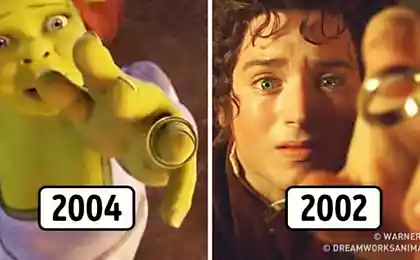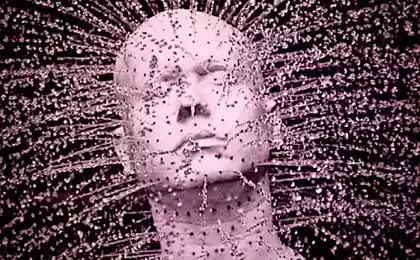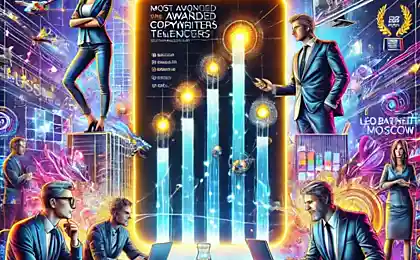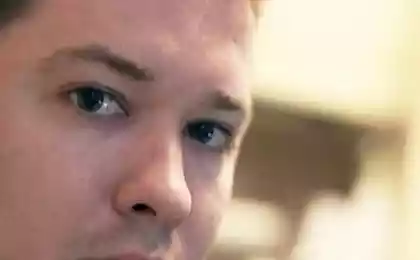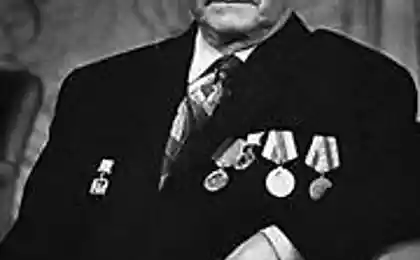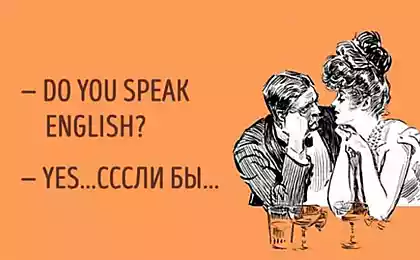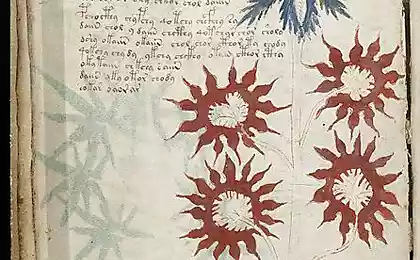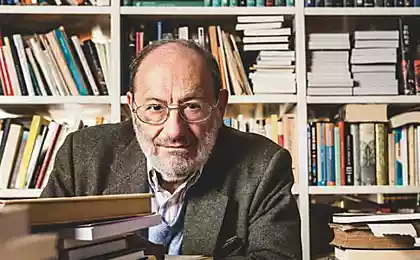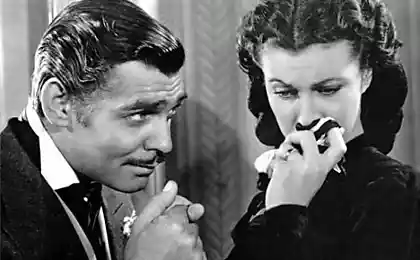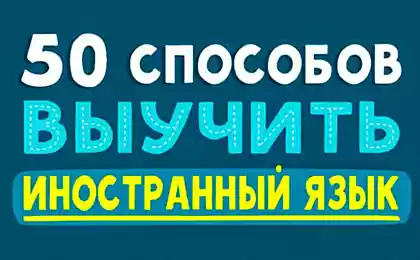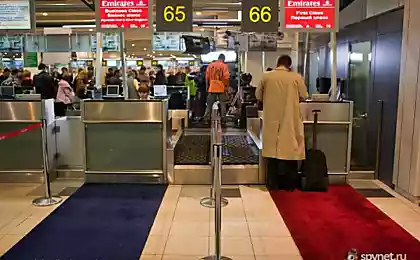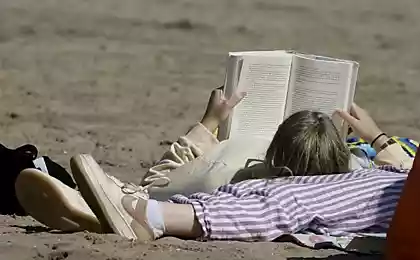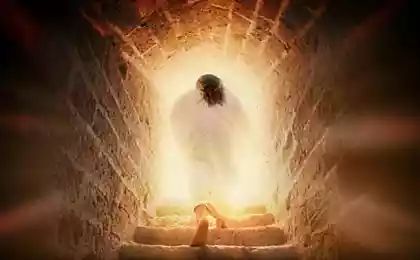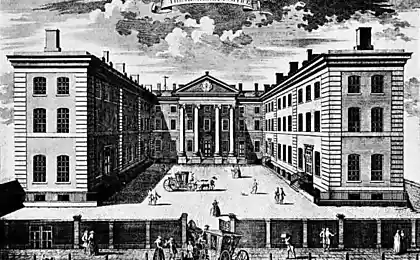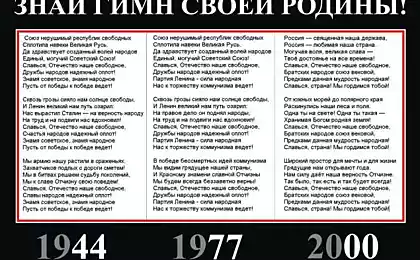770
Windtalkers (4 pics + text)
Native American Navajo during World worked as human cipher machines and took part in all the high-profile operations, US Marine Corps in the Pacific Ocean in the 1942-45 biennium. Indians served in all six divisions Marines commando and parachute units. They passed the most important reports on the phone and walkie-talkie in his native language. It was a cipher that the Japanese have not managed to solve.
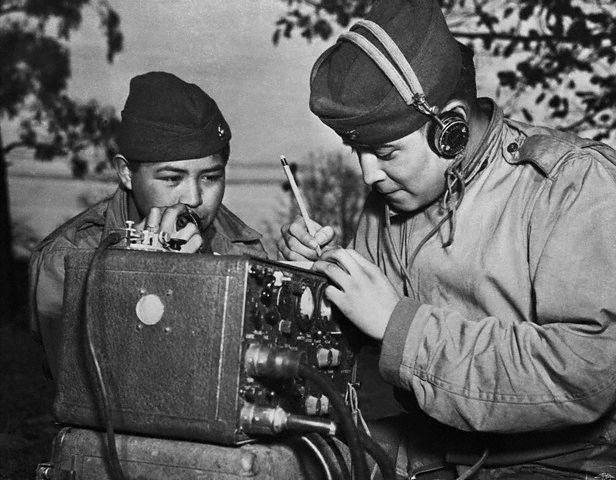
idea to use Navajo for military purposes suggested Philip Johnston, the son of a missionary who worked in this tribe, and one of the few "outsiders" who spoke their language fluently. Johnston grew up on an Indian reservation, took part in World War I, and he knew that the search for the ideal cipher military were long overdue. He knew that in the First World have tried to transmit reports on the languages of Indian tribes - notably Choctaw.
Johnston believed that it Navajo ideally suited for this purpose. He was distinguished by extraordinary ease, and, moreover, was unwritten. Nobody gave not only the vaults of grammatical rules, but even the basic alphabet. Therefore, a man, if he did not belong to the Navajo learned the language was virtually impossible. According to some estimates, only 30 non-Navajos during the Second World War have learned to understand the language. Among them there were no Japanese.
Early in 1942, Johnston outlined its views to Major-General K. Vogel, commander of the Pacific Fleet amphibious forces. The tests showed that the Navajo could encode, transmit, and decode the message in English Three-in 20 seconds. Machines of the time on the same work required for 10 seconds more. This convinced Vogel, and he ordered the Indians to begin receiving service in the Marines.
In May 1942, the first group of 29 people in the Navajo arrived on a special base Pendleton (Oceanside, CA) and was engaged in the development of the cipher. The result is a dictionary of military terms, which is required to memorize - no record was not conducted.
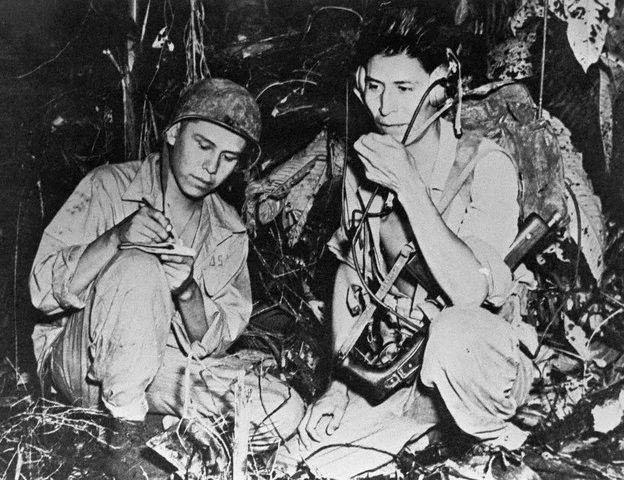
As soon as the radio operator-Navajo finished training, he threw in some marine unit, based in the Pacific theater of operations. Its main objective was to share information and combat orders by phone and radio. In addition, the Navajo worked as a messenger and took part in the fighting as regular soldiers.
Glory of Enforcement Navajo, efficiency and quality of their work resounded throughout the war. Iwo Jima veteran, Major G. Connor - signaller officer of the 5th Marine Division - said: "If it were not for the Navajos, we would never have taken Iwo Jima." In submission Connor was 6-Navajo radio operators, who in the first two days of battle worked around the clock tirelessly. These six sent and received over 800 messages, and did not allow any mistakes.
Japanese who had outstanding experience in cracking ciphers Navajo stumped. According to Japanese intelligence chief, Lieutenant General Seitz Arisue, they freely guessed all ciphers, moreover, which was used in the Marine Corps. Navajo-coders could be misleading even his own tribesmen, captured at Bataane (about 20 Navajos served in the American troops in the Philippines). The soldier, who was forced to listen to the intercepted reports, later frankly admitted radioman-Navajo: "I did not understand what you guys wanted to say».
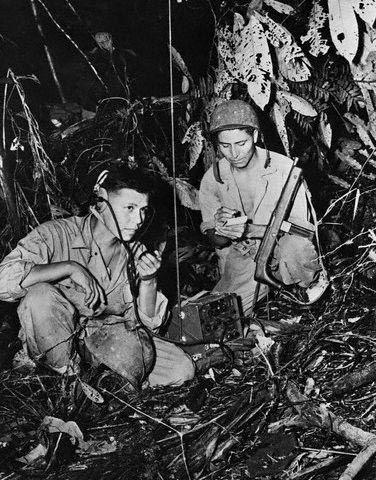
In 1942, the total number of Navajo was about 50 thousand people. In 1945, about 540 Navajos served in the Marine Corps, of which 375-420 people - radio operators.
Cipher developed by the Navajo, has not lost its value and after the war. For this reason, he and the names of those who were associated with it, were classified. Only recently, the Navajo radio operators, whose bravery and skill saved many lives and made a significant contribution to the final victory in the war, finally got the recognition of the government and society. On the red carpet at the Pentagon September 17, 1997 veterans received awards, and in 2000 the US Congress awarded them its memorable gold medals, specially made for the occasion.
Veterans Group Code talker at the premiere of the film «Windtalkers» Hollywood, 2002
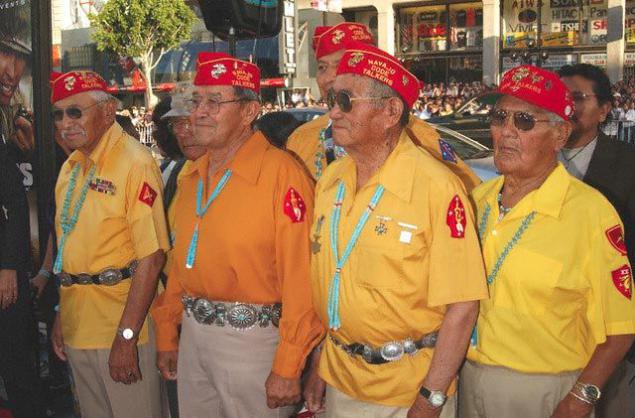
drugoi

idea to use Navajo for military purposes suggested Philip Johnston, the son of a missionary who worked in this tribe, and one of the few "outsiders" who spoke their language fluently. Johnston grew up on an Indian reservation, took part in World War I, and he knew that the search for the ideal cipher military were long overdue. He knew that in the First World have tried to transmit reports on the languages of Indian tribes - notably Choctaw.
Johnston believed that it Navajo ideally suited for this purpose. He was distinguished by extraordinary ease, and, moreover, was unwritten. Nobody gave not only the vaults of grammatical rules, but even the basic alphabet. Therefore, a man, if he did not belong to the Navajo learned the language was virtually impossible. According to some estimates, only 30 non-Navajos during the Second World War have learned to understand the language. Among them there were no Japanese.
Early in 1942, Johnston outlined its views to Major-General K. Vogel, commander of the Pacific Fleet amphibious forces. The tests showed that the Navajo could encode, transmit, and decode the message in English Three-in 20 seconds. Machines of the time on the same work required for 10 seconds more. This convinced Vogel, and he ordered the Indians to begin receiving service in the Marines.
In May 1942, the first group of 29 people in the Navajo arrived on a special base Pendleton (Oceanside, CA) and was engaged in the development of the cipher. The result is a dictionary of military terms, which is required to memorize - no record was not conducted.

As soon as the radio operator-Navajo finished training, he threw in some marine unit, based in the Pacific theater of operations. Its main objective was to share information and combat orders by phone and radio. In addition, the Navajo worked as a messenger and took part in the fighting as regular soldiers.
Glory of Enforcement Navajo, efficiency and quality of their work resounded throughout the war. Iwo Jima veteran, Major G. Connor - signaller officer of the 5th Marine Division - said: "If it were not for the Navajos, we would never have taken Iwo Jima." In submission Connor was 6-Navajo radio operators, who in the first two days of battle worked around the clock tirelessly. These six sent and received over 800 messages, and did not allow any mistakes.
Japanese who had outstanding experience in cracking ciphers Navajo stumped. According to Japanese intelligence chief, Lieutenant General Seitz Arisue, they freely guessed all ciphers, moreover, which was used in the Marine Corps. Navajo-coders could be misleading even his own tribesmen, captured at Bataane (about 20 Navajos served in the American troops in the Philippines). The soldier, who was forced to listen to the intercepted reports, later frankly admitted radioman-Navajo: "I did not understand what you guys wanted to say».

In 1942, the total number of Navajo was about 50 thousand people. In 1945, about 540 Navajos served in the Marine Corps, of which 375-420 people - radio operators.
Cipher developed by the Navajo, has not lost its value and after the war. For this reason, he and the names of those who were associated with it, were classified. Only recently, the Navajo radio operators, whose bravery and skill saved many lives and made a significant contribution to the final victory in the war, finally got the recognition of the government and society. On the red carpet at the Pentagon September 17, 1997 veterans received awards, and in 2000 the US Congress awarded them its memorable gold medals, specially made for the occasion.
Veterans Group Code talker at the premiere of the film «Windtalkers» Hollywood, 2002

drugoi


